Finance
Latest in Finance
Discover the most recent articles in this category

2026-01-28 18:00:58.121 • by
Alan Iverson
The Trump administration is launching 'Trump Accounts,' a program providing a $1,000 investment for newborns born between 2025-2028, accessible at age 18 for specific uses like education or home down payments. The initiative also allows for additional contributions from parents and philanthropic organizations, aiming to boost wealth building, though critics raise concerns about its impact on the wealth gap and support for immediate needs.
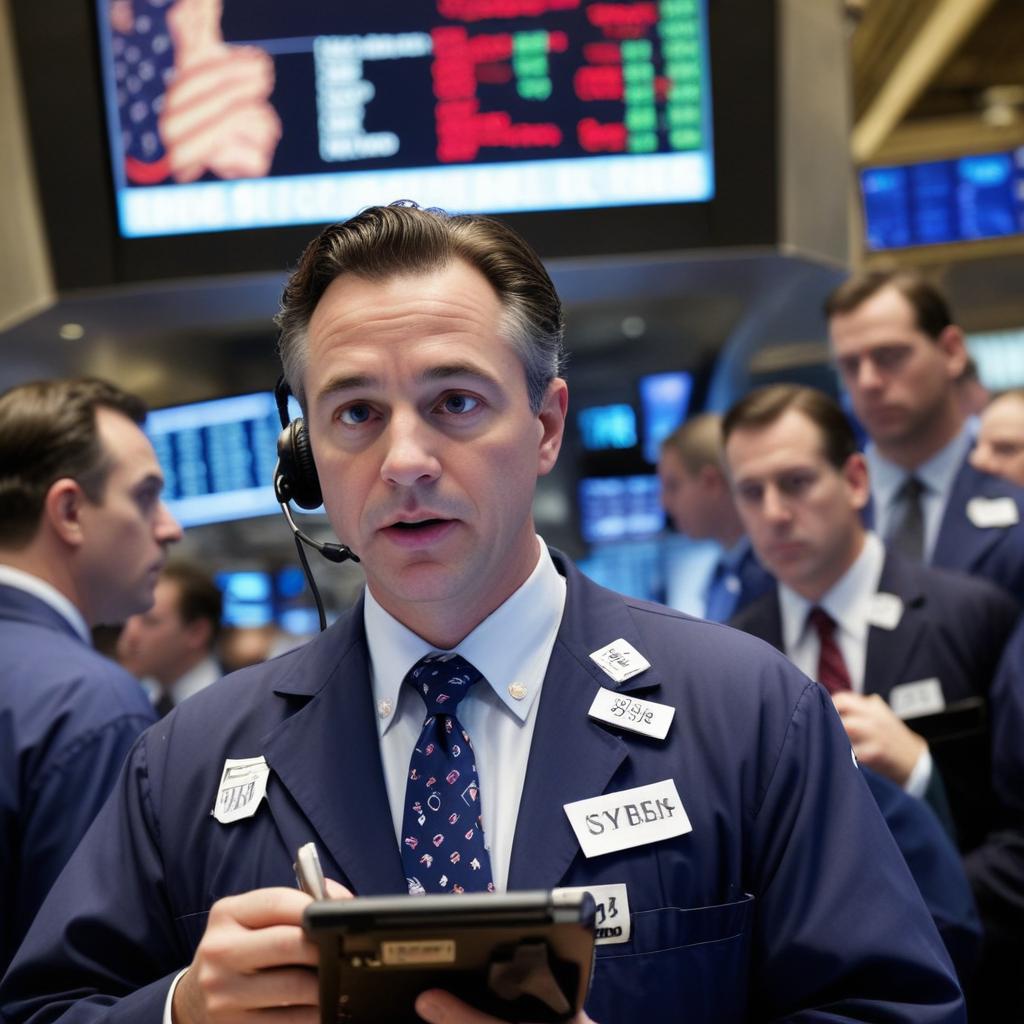
2026-01-27 00:01:06.732 • by
Amy Ivanov
U.S. stocks saw modest gains Monday, led by energy, AI, and rare earth sectors, while gold soared to a new record of over $5,100 per ounce, driven by investor demand for safe havens amidst tariff threats and inflation. All eyes are on the upcoming Federal Reserve interest rate decision and major tech earnings.

2026-01-16 12:00:53.772 • by
Alfred Ignacio
U.S. long-term mortgage rates have dropped to their lowest point in over three years, with the 30-year fixed rate now at 6.06%. This decline is boosting homebuyer purchasing power and driving a surge in both refinancing and home purchase applications, offering a glimmer of hope for a struggling housing market.
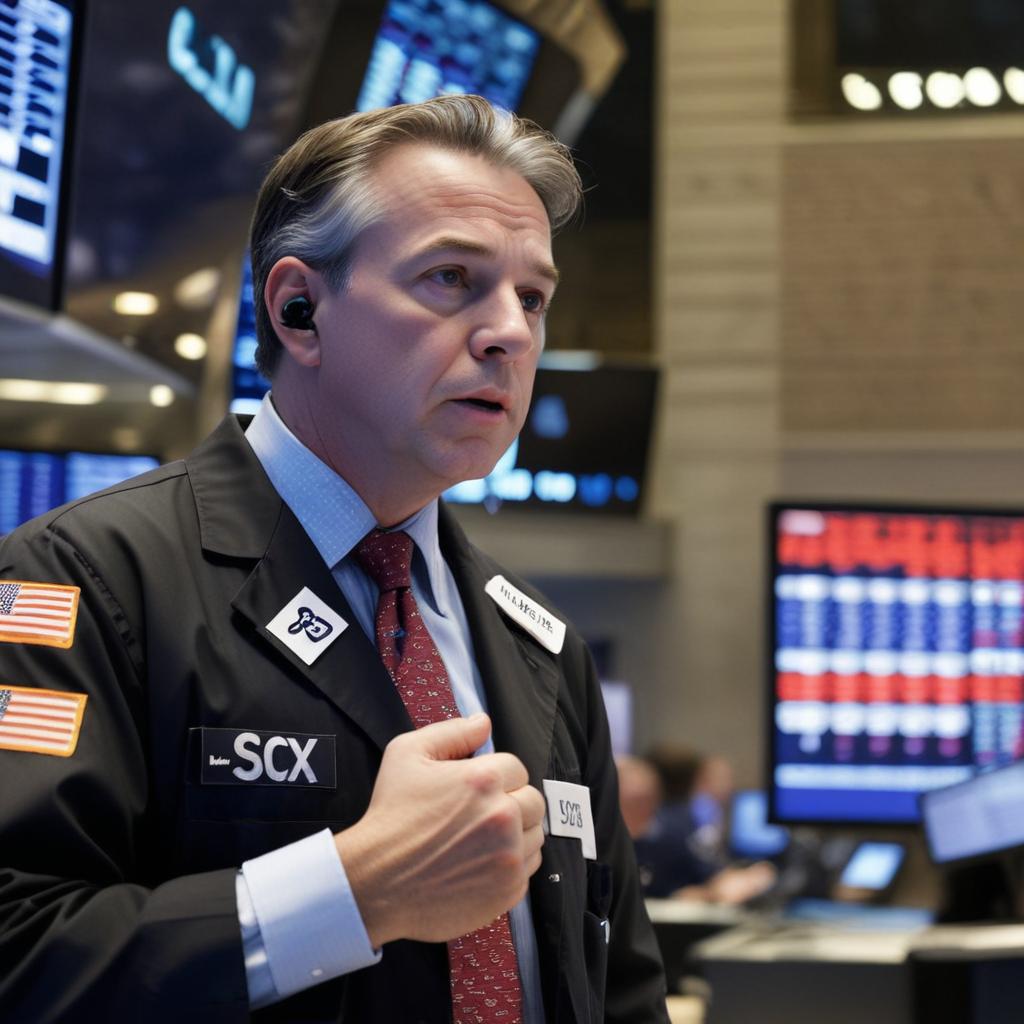
2025-12-30 00:00:50.796 • by
Alex Ingram
Stocks dipped slightly on Monday in quiet, holiday-shortened trading, primarily led by a pullback in big tech. Despite the daily decline, major indexes are closing the year with substantial annual gains. Energy stocks climbed with oil prices, while precious metals pulled back, and Treasury yields fell amid expectations of future Fed rate cuts.

2025-12-09 06:00:44.08 • by
Adam Israel
This article offers practical advice from budgeting expert Michela Allocca on managing holiday spending. Key tips include tracking purchases, starting a holiday savings fund, being intentional with gift-giving, and using cashback rewards for next year. It also features various curated gift guides.
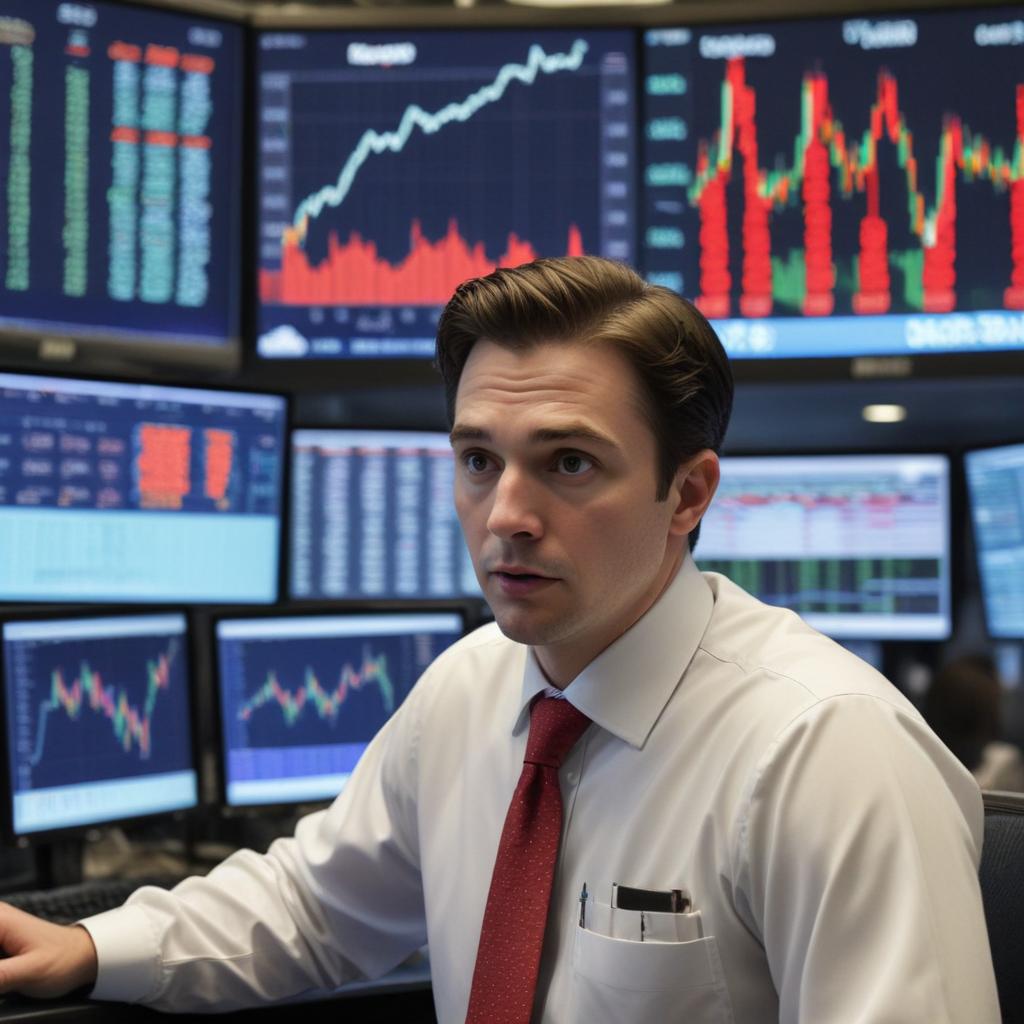
2025-12-01 18:00:48.676 • by
Aaron Irving
U.S. stocks ended a five-day winning streak on Monday, dragged down by a sharp drop in Bitcoin and rising global bond yields, despite strong expectations for a Federal Reserve interest rate cut.
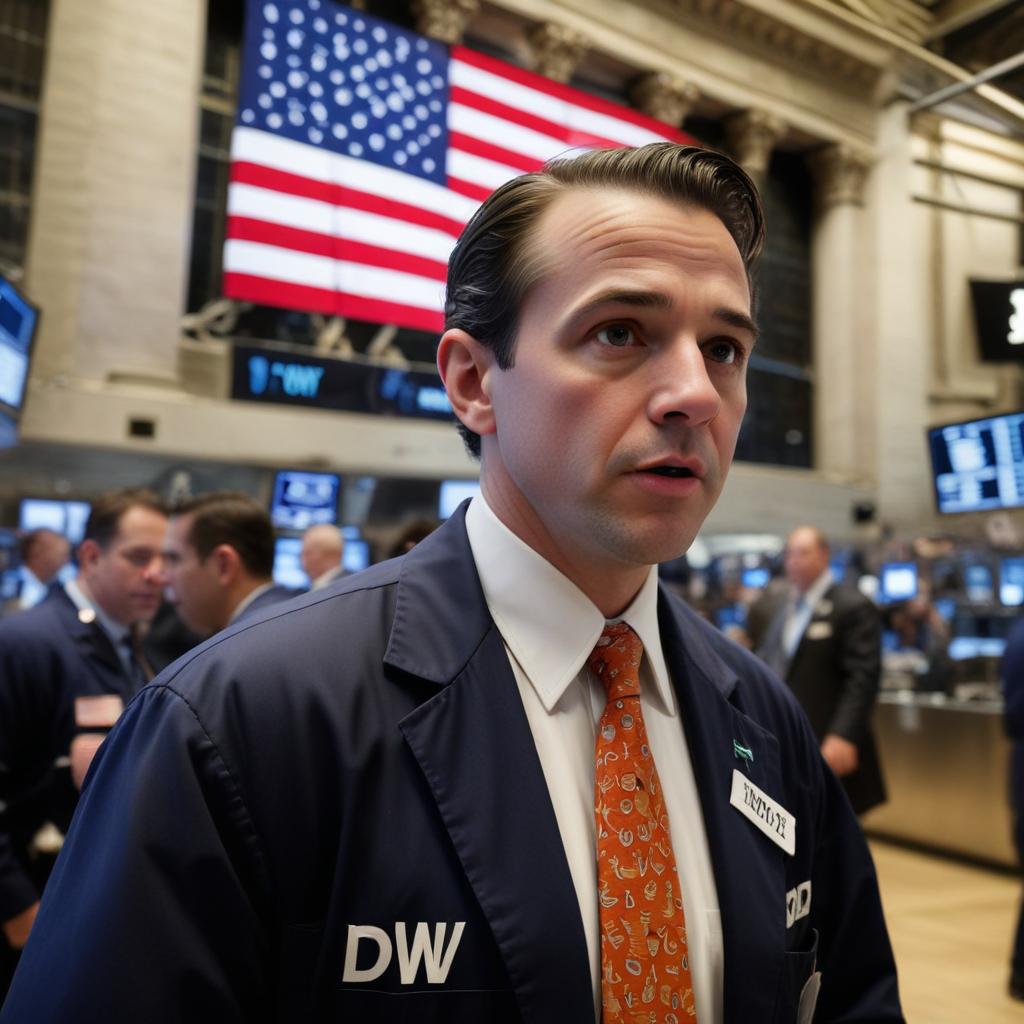
2025-11-29 00:00:46.112 • by
Aaron Irving
Wall Street concluded a volatile November with a five-day rally, driven by hopes for a Federal Reserve interest rate cut. While major tech stocks like Nvidia and Oracle saw significant losses, Alphabet surged on AI news, and investors shifted funds to pharma and travel sectors.
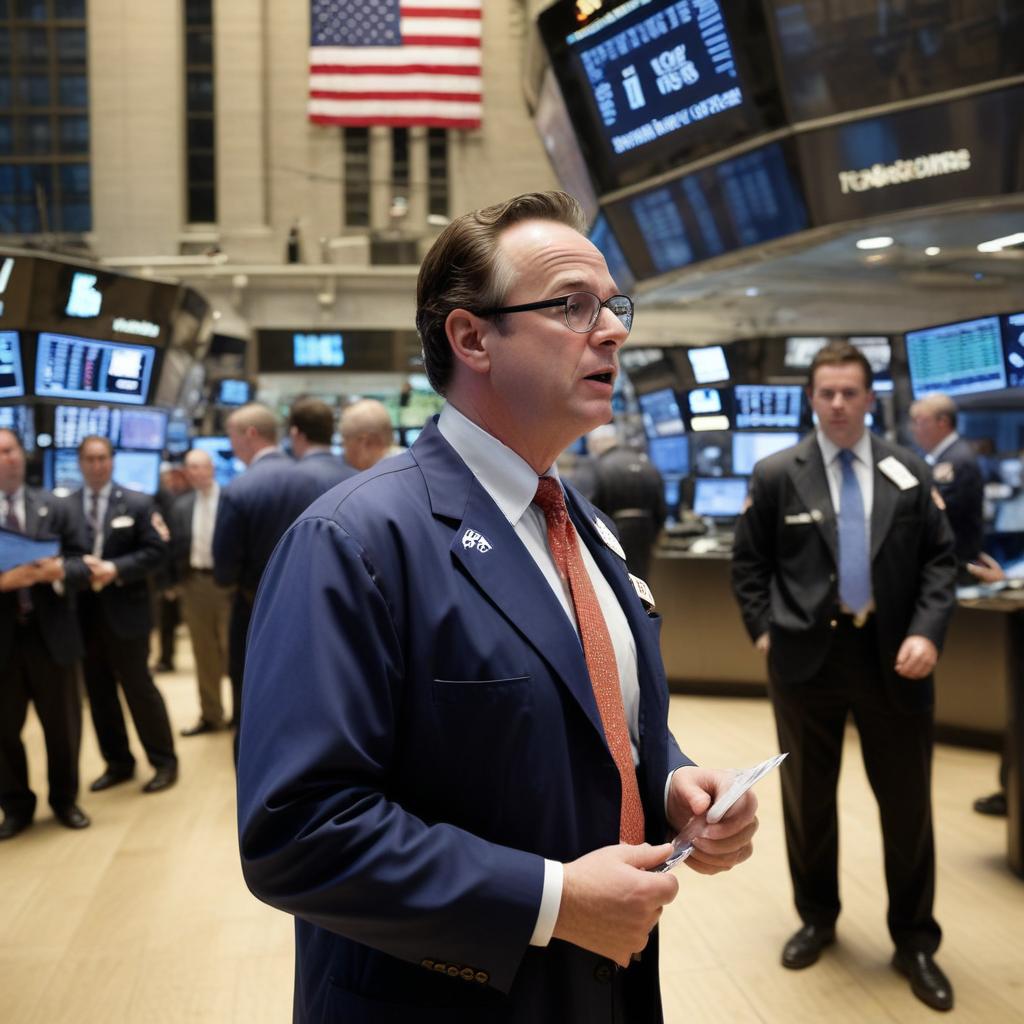
2025-11-21 18:01:26.643 • by
Albert Inestein
U.S. stocks surged on Friday, with the S&P 500, Dow, and Nasdaq all rising, after a Federal Reserve official hinted at potential interest rate cuts. This boosted market sentiment, easing some concerns over AI stock valuations and cryptocurrency volatility, despite ongoing disagreements within the Fed regarding future rate decisions.
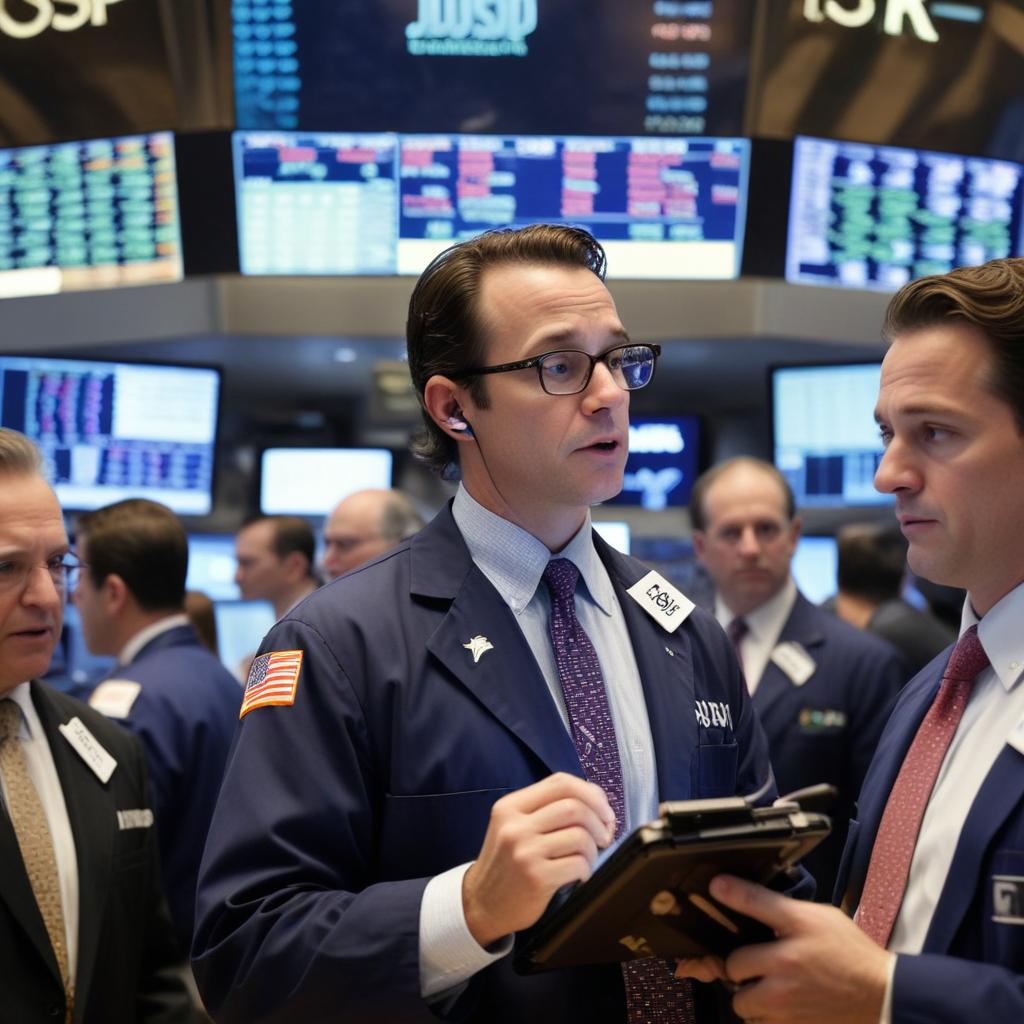
2025-11-15 00:00:53.12 • by
Arturo Iglesias
The U.S. stock market experienced an early sharp decline on Friday, with high-flyers like Nvidia, Bitcoin, and gold swinging wildly, but quickly calmed. The S&P 500 recovered most of its initial 1.3% drop to finish down only 0.1%, largely due to a dramatic turnaround by AI giant Nvidia, which initially fell 3.4% before rallying 1.8%.
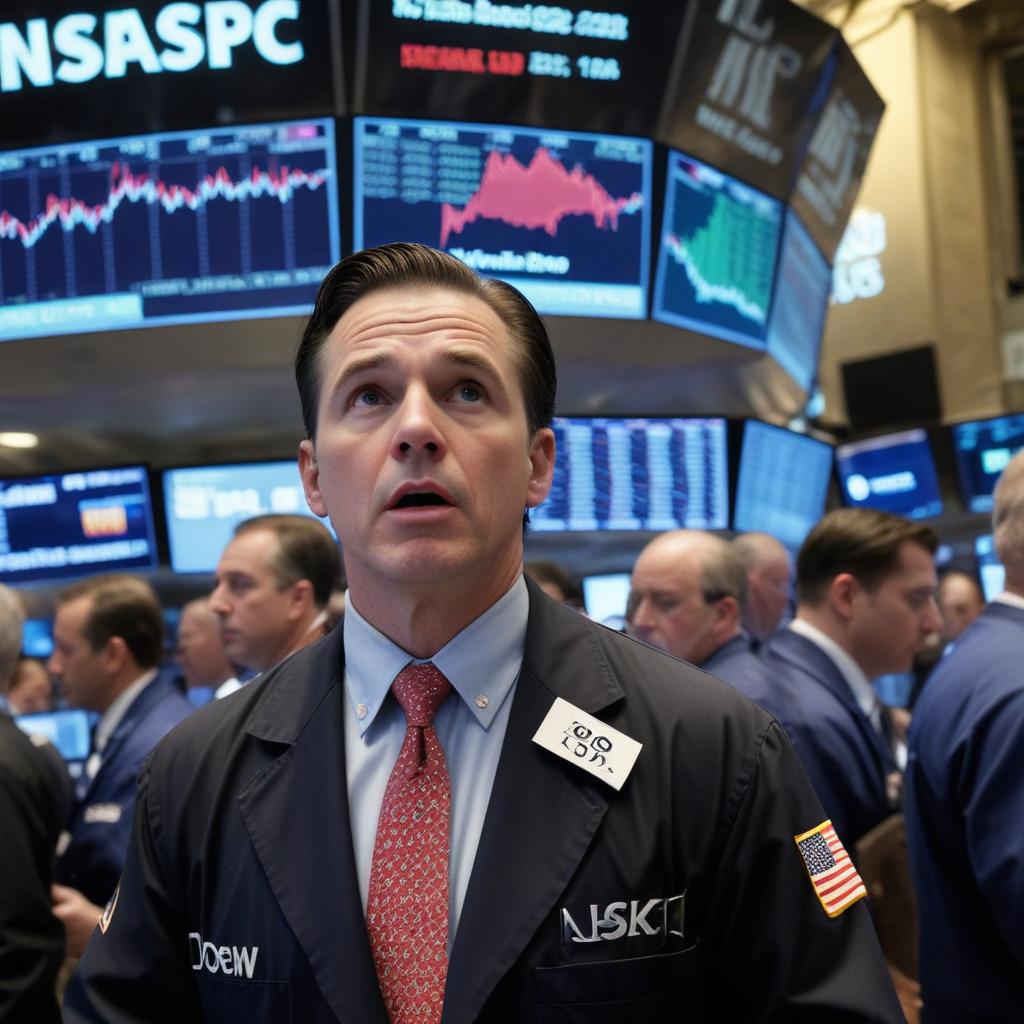
2025-11-14 18:00:55.598 • by
Amir Izad
The U.S. stock market experienced extreme volatility on Friday, initially plummeting before recovering, largely driven by a dramatic turnaround from AI giant Nvidia. Concerns over high stock valuations and the Federal Reserve's interest rate decisions continue to create uncertainty.














